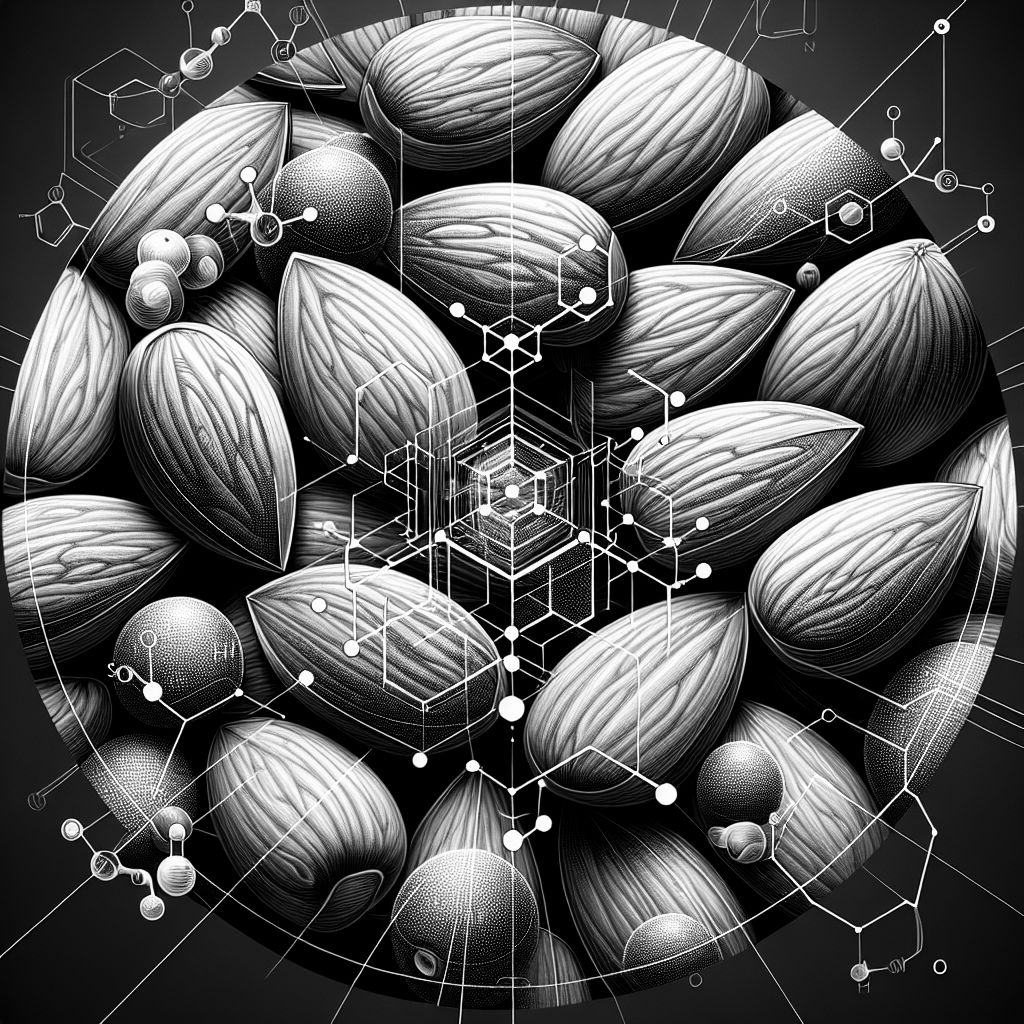LONDON (IT BOLTWISE) – Almonds, a popular snack, have been found to offer significant health benefits, particularly in cancer prevention.
Almonds, long celebrated for their nutritional value, are now gaining attention for their potential role in cancer prevention. Recent studies conducted by nutrition scientists in Iran and Afghanistan have highlighted the protective effects of almonds against oxidative stress, a key factor in the development of cancer. By consuming just two handfuls of almonds daily, individuals can significantly reduce DNA and lipid damage, while enhancing their body’s antioxidant defenses.
The research consolidates findings from eight high-quality studies involving 424 participants, including healthy adults, smokers, and individuals with chronic diseases. These studies tested various almond doses, ranging from a small handful to six handfuls per day, over periods of one to six months. The results indicate that a daily intake of at least 60 grams of almonds can lead to a notable reduction in cell membrane damage and DNA damage, while boosting the body’s natural defenses.
Almonds’ health benefits are attributed to their rich content of vitamin E, polyphenols, and healthy fats. These components work together to combat oxidative stress, a process that can lead to cancer-causing cell mutations. Over time, repeated oxidative attacks can overwhelm the cell’s repair mechanisms, allowing abnormal cells to multiply unchecked and form tumors. By reducing oxidative stress, almonds may help prevent the accumulation of mutations that lead to cancer.
In addition to their potential anti-cancer properties, almonds are known for their cardiovascular benefits. A study published in the journal Advances in Nutrition found that consuming 28 grams of nuts daily, including almonds, is associated with a 21 percent lower risk of cardiovascular disease and an 11 percent reduced risk of dying from cancer. This is likely due to the unique combination of healthy fats, fiber, and antioxidants found in almonds, which improve cholesterol levels, reduce inflammation, and support blood vessel function.
While the findings are promising, researchers caution that more rigorously controlled studies are needed before broad dietary guidelines can be established. Overconsumption of almonds can lead to digestive issues and, in rare cases, vitamin E toxicity, especially if combined with supplements. However, when consumed as part of a balanced diet, almonds pose little risk and offer substantial health benefits.

- Die besten Bücher rund um KI & Robotik!

- Die besten KI-News kostenlos per eMail erhalten!
- Zur Startseite von IT BOLTWISE® für aktuelle KI-News!
- IT BOLTWISE® kostenlos auf Patreon unterstützen!
- Aktuelle KI-Jobs auf StepStone finden und bewerben!
Stellenangebote

AI Manager Bundesverwaltung (m/w/d)

KI-Expert:in (m/w/d)

Enterprise Account Executive B2B (m/w/d) bei etabliertem KI-Startup

Junior Projektmanager Frontend & KI-Lösungen (m/w/d)

- Künstliche Intelligenz: Dem Menschen überlegen – wie KI uns rettet und bedroht | Der Neurowissenschaftler, Psychiater und SPIEGEL-Bestsellerautor von »Digitale Demenz«
Du hast einen wertvollen Beitrag oder Kommentar zum Artikel "Almonds: A Potential Ally in Cancer Prevention" für unsere Leser?















 #Sophos
#Sophos
Es werden alle Kommentare moderiert!
Für eine offene Diskussion behalten wir uns vor, jeden Kommentar zu löschen, der nicht direkt auf das Thema abzielt oder nur den Zweck hat, Leser oder Autoren herabzuwürdigen.
Wir möchten, dass respektvoll miteinander kommuniziert wird, so als ob die Diskussion mit real anwesenden Personen geführt wird. Dies machen wir für den Großteil unserer Leser, der sachlich und konstruktiv über ein Thema sprechen möchte.
Du willst nichts verpassen?
Du möchtest über ähnliche News und Beiträge wie "Almonds: A Potential Ally in Cancer Prevention" informiert werden? Neben der E-Mail-Benachrichtigung habt ihr auch die Möglichkeit, den Feed dieses Beitrags zu abonnieren. Wer natürlich alles lesen möchte, der sollte den RSS-Hauptfeed oder IT BOLTWISE® bei Google News wie auch bei Bing News abonnieren.
Nutze die Google-Suchmaschine für eine weitere Themenrecherche: »Almonds: A Potential Ally in Cancer Prevention« bei Google Deutschland suchen, bei Bing oder Google News!